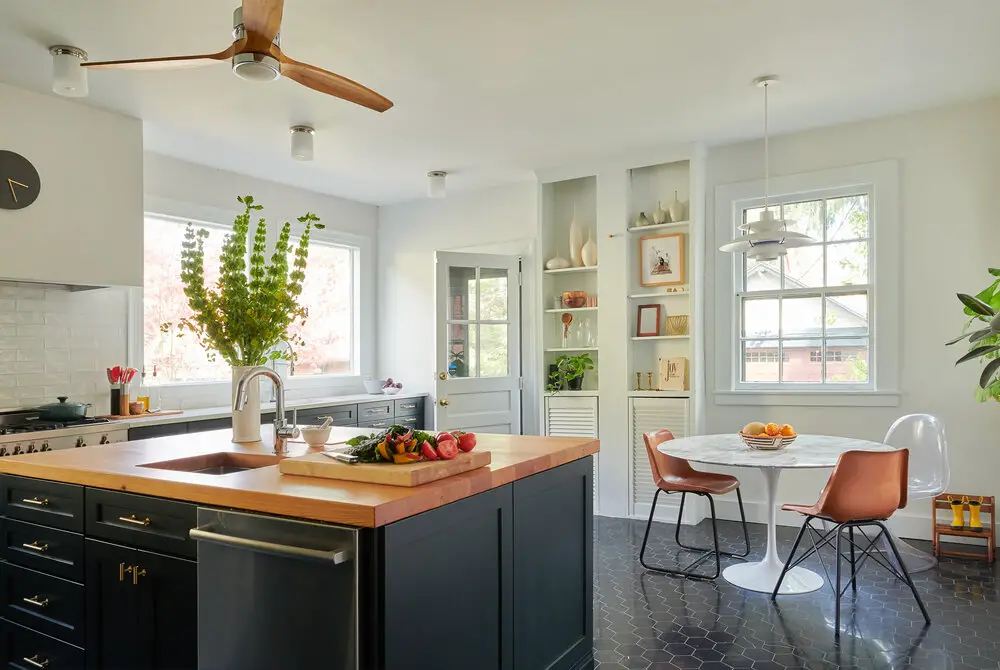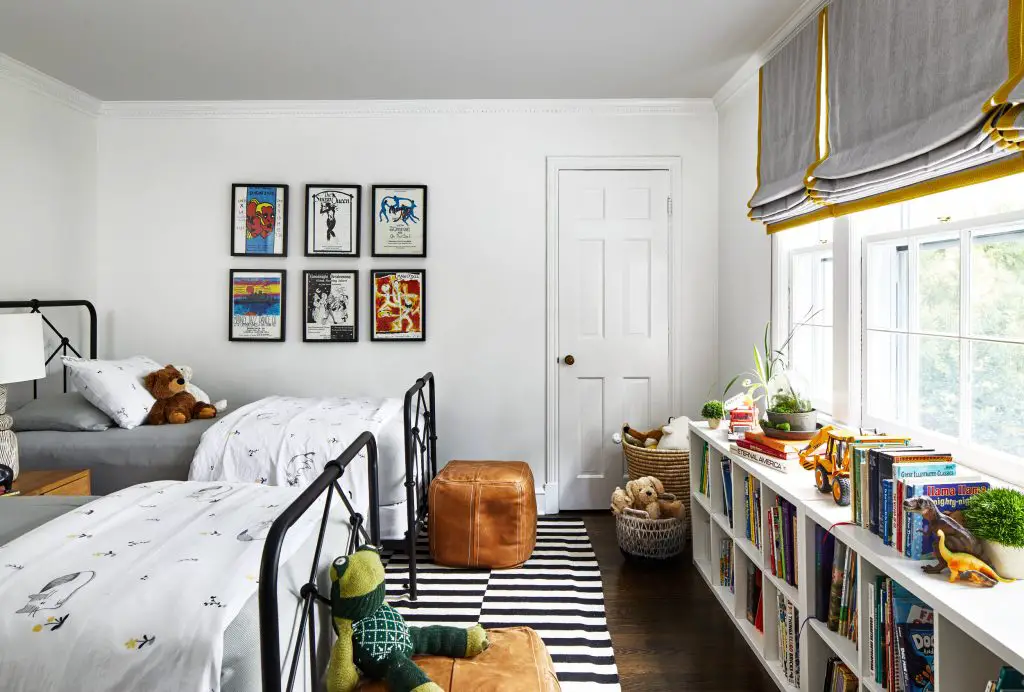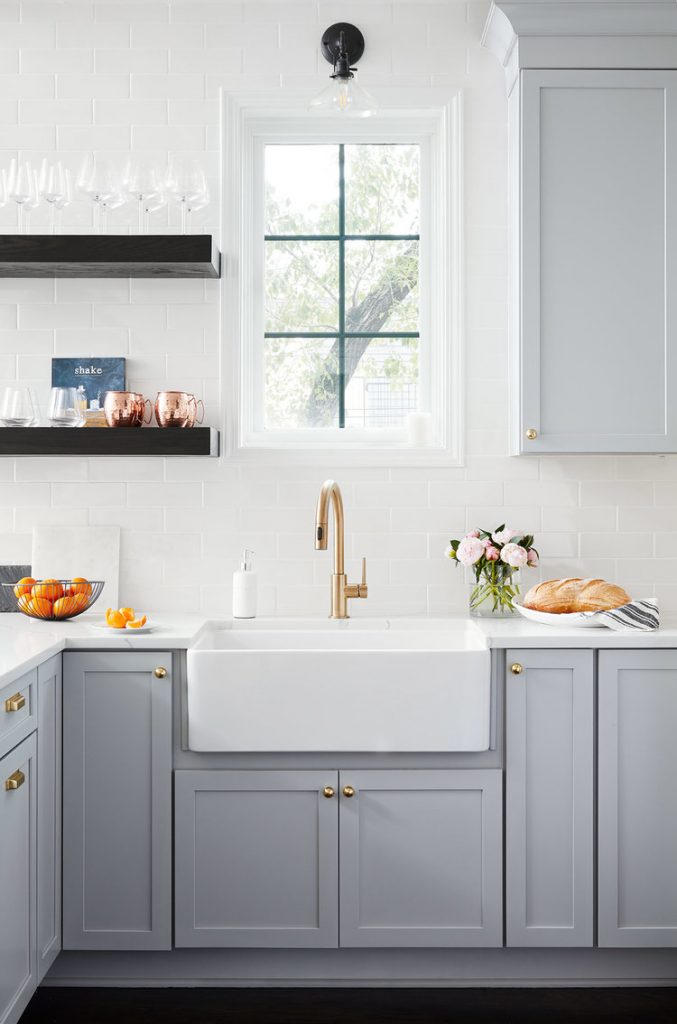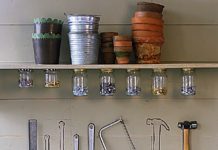Plastic waste pollutes the planet, destroys marine life, and contaminates surface water, so it’s no surprise that so many people want to reduce the amount of plastic they use as well as dispose of.
If you are searching for ways to do the same or dream of having a more eco-friendly home, the good news is that there are loads of options. Some may take a bit more getting used to than others, but like anything else, once you have done it for a while, it will become second nature.
Here are 7 ways to use less plastic at home.
Eco-friendly cleaning

There are loads of possibilities when it comes to eco-cleaning and non-plastic alternatives. For example, one of the best ways to reduce the number of plastic bottles you buy is to make your own household cleaners using vinegar, water, and essential oils. Not only is it cheaper, but it’s not full of nasty chemicals either, which can also be harmful to marine life.
If you do a lot of washing up, a bamboo dish brush is a perfect alternative to plastic, and instead of using a toilet brush, use a cloth instead. Many dishcloths and dusters sold these days contain microplastics, so be mindful of that when you next run out.
Ditch freezer bags and plastic wrap
Freezer bags and plastic wrap are handy, but they are terrible for the environment. Composable sandwich bags are a far better alternative but the best eco-friendly options are to use storage containers you already have at home, or beeswax wraps are another great option. Giving these things up may not be easy as they are so convenient, but the waste they create is awful for the planet.
Don’t buy wrap sealed fruit and vegetables
There’s an abundance of fruit, veg, and herbs to be found in our grocery stores, but the amount of non-essential plastic packaging used is crazy! Although it may be difficult to ship and sell the likes of grapes or berries without some form of container, apples, bananas, broccoli, and such like do not need to be wrapped in plastic. So, the next time you are shopping, buy loose produce instead. The more people that do this, the less likely suppliers will be to wrap their products in plastic.
Buy wooden or second-hand toys

If you have young children, you may find yourself surrounded by an array of plastic toys. Yes, they may be colorful and look attractive and fun for kids, but there are alternatives. Wooden toys are far better for the planet, or if that isn’t a route you want to go down, why not buy second-hand instead? Plastic is easy to clean and will typically last a long time so save yourself some money and instead of buying new, take to the charity shops or online selling platforms.
Buy in bulk
Bulk purchase items use less packaging and are usually cheaper in the long run. The next time you run out of shampoo, conditioner, or detergent, think about buying larger quantities and decanting into your existing bottles instead. They will last for ages, so providing you have space to store it all, it’s a great way to minimize your plastic waste.
If bulk buying isn’t feasible, many suppliers sell refills of their existing products in non-plastic packaging, which is a perfect alternative if you are short on space.
Use refill shops
If you regularly buy things like pasta, legumes, nuts, seeds, and rice, find out if there is a refill shop locally. They sell a wide range of essentials by weight rather than pre-weighed and sealed in plastic packaging. Simply take your own containers to the store, then buy as much or as little as you need. It can work out a lot cheaper and is fabulous for people who live alone and don’t want to buy large quantities of one item.
Stop drinking bottled water

Bottled water is a big part of the problems we face today because it’s so convenient, but there are still ways to reduce this. One of the easiest is to keep refilling the bottle you already have from the tap rather than buying more. If you visit the gym regularly or are on the move a lot, make sure you take a refillable bottle with you so you can top up whenever you want.
Conclusion
Every time you are tempted to buy another plastic container or use another piece of single-use plastic, consider if there are greener alternatives. The choices we make today will continue to affect the planet for decades to come, so we must all do our best to protect our beautiful world and its inhabitants.
Thanks to fullcirclehome.com for consulting.
























